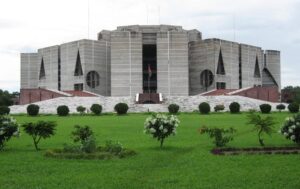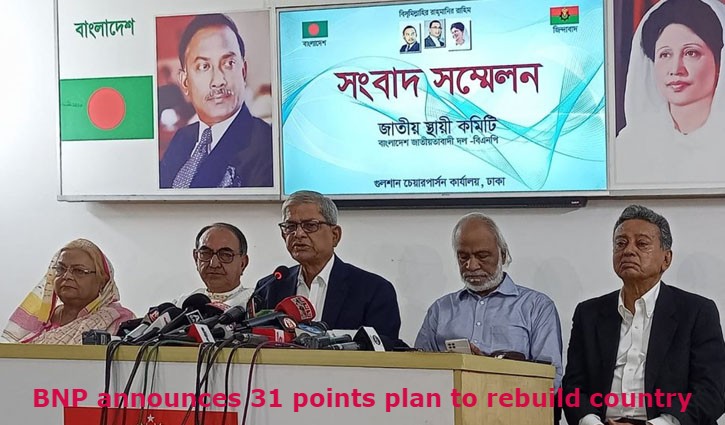In the last decade, the People’s Republic of Bangladesh has gone through a stress test that is unprecedented in its history. The stresses have laid bare inadequacies in the very founding structures of the republic. Not just politics but the whole state of the nation has fallen far from the founding ideals. Democracy is at its lowest point in the nation’s history. The country has reached highest level of income inequality, as expressed in Gini Coefficient, during the last decade, undermining the visions of egalitarianism in the early days of the republic. Our pretensions of nationalism and self-determination have been laid bare from crippling internal divisions and powerful foreign influences in our own affairs. Changes in the constitutions that gave lip service to secularism hasn’t stopped persecution of minority communities, and provisions that made Islam-as-state-religion has not enhanced civic virtue among the people or among those in power. ‘
There has been a growing realization in many quarters in the country that if we are to climb out of this nadir of politics, economy and society, a fundamental reform of the republic is essential. People have been looking towards BNP, as the main opposition party and the main organization challenging the current political settlement, for providing guidance on realistic programs of reform. In collaboration with various democratic forces, BNP has put forward a thirty-one-points outline for structural reform of the state, with the stated aim of democratic reforms of the constitution, state system, and economic emancipation. Although by no means comprehensive or elaborate, the outline puts forward solutions to most of the basic problems that have been afflicting our republic since the beginning.
There can be a lot of disagreement over the completeness, relative importance of different basic problems that have been uncovered through the great stress our republic has been going through. However, let me put forward a short list of some fundamental inadequacies of the political system that I think have become all too apparent. Then I will briefly discuss how the thirty-one-point program addresses many of these problems.
Perhaps the most glaring structural problem in our political system in the entire history is an all-too powerful office of the Chief Executive, in form of Prime Minister or President, that is inadequately constrained by parliament, judiciary or the election system. A powerless and ineffective parliament has been the other side of the same problem. Failure to institutionalize an independent and effective national election system also ranks among the most serious problems. Lack of an independent and effective judiciary is a problem of similar gravity. Black laws that violate the basic rights of citizens in the most egregious ways are another. Failure to decentralize political power through effective local governance in a nation of 170 million people is another serious deficiency.
Let us now take a look at the thirty-one points to see how they seek to address these clear shortcomings. One of the most talked about points is the fifth one where the program succinctly announced intention to introduce constitutional term-limits on the office of the Prime Minister; “no one shall serve as the Prime Minister for more than two consecutive terms”. Since the ancient Roman Republic of 2500 years ago to the present day, term limits on chief executives have been a common and effective constitutional provision to prevent rise of tyranny and protect electoral system, which happens to be two of the worst afflictions of our republic. Political science research has consistently shown that term limits have a net positive effect on longevity of democracy, especially for unconsolidated democracies.
Some may argue that term limits can deprive the country of superior and proven leadership by artificially ending tenure even when the leader was popular and effective. However, political history of the modern era shows that leaders generally provide their best in their early years in power. The more time passes, a leader usually becomes more captured with entrenched interests and loses visions of national advancement. Moreover, in a nation of 170 million plus people, it is unrealistic to fear that there will be scarcity of good political leadership if political processes are institutionalized and well-functioning.
The thirty-one-points program promises to reinstall a ‘poll-time non-partisan caretaker government system’ constitutionally to bring back fair elections. We have seen that in the history of Bangladesh, free and fair elections have only been possible under CTGs. This bitter lesson must be incorporated in any program of reform that seeks to restore people’s confidence in elections and politics. For the foreseeable future the country needs a constitutional mechanism for ensuring an electoral process that is free from the incumbent regime’s influence. The thirty-one-points program also has several concrete measures for making the national Election Commission independent and effective, that includes repealing all the measures the current regimes have taken to disempower the EC and make it a stooge of the government, and making paper record of every vote mandatory, etc.

The thirty-one-points program also addresses the complete ineffectiveness of the Parliament in serving people’s needs. Parliament’s failure in legislation, in supervision of executive or judiciary, in deliberations of critical issues and other critical functions, is as much due to shortcomings in design as to executive influence. The program proposes amendment of the infamous Article 70 of the constitution that prevents MPs from voicing opinion independent of the party line. The amendment would preserve party line prerogative in bills that are critical for continuation of executive, such as no-confidence motion, Finance Bill, Constitution Amendment Bill and issues involving national security. The program also puts forward a proposal to dramatically enhance Parliament’s power of administrative and judicial review by making appointment of all pivotal posts in these institutions subject to hearing and approval of Parliamentary committees.
The program also aims to address the horrible accumulation of black laws that have been trampling human rights and suffocating the public and political life of citizens. BNP vows to put human dignity and values, as enshrined in the ‘Universal Human Rights Charter’, as core values in all legislation and administrative policies. The program emphatically promises to repeal all black laws like Special Power Act (1974), Digital Security Act (2018) and other laws that fostered high corruption through Indemnity acts in power, energy and mineral sectors.
There are other points in the program that deal with critically important reforms for judicial independence and efficiency, independence and empowerment of local government system, and others. For want of space we are not discussing them here. Nevertheless, the points that have been highlighted in the article so far amply support the contention that the thirty-one-point program is a superb starting blueprint for the reform and rebuilding of our fallen republic.
Last but not least, the process of constitutional reform is as important, if not more critical than the outcome of reform. In history of Bangladesh, we have seen that fundamental constitutional change has often been rammed through the Parliament with brute majorities or provided to the executive by a pliant Supreme Court. These changes had neither popular consultation nor consent. BAKSAL in 1975, withdrawal of Caretaker government in 2011, are a couple of the most notorious incidents that fundamentally deformed our democracy. BNP’s thirty-one-point program proposes a ‘Constitutional Reforms Commission’ of experts that will carefully review all proposals for constitutional reform in consultation people. The program also says that the commission’s recommendations may go through a ‘referendum’, for which there can be another provision in the constitution.


